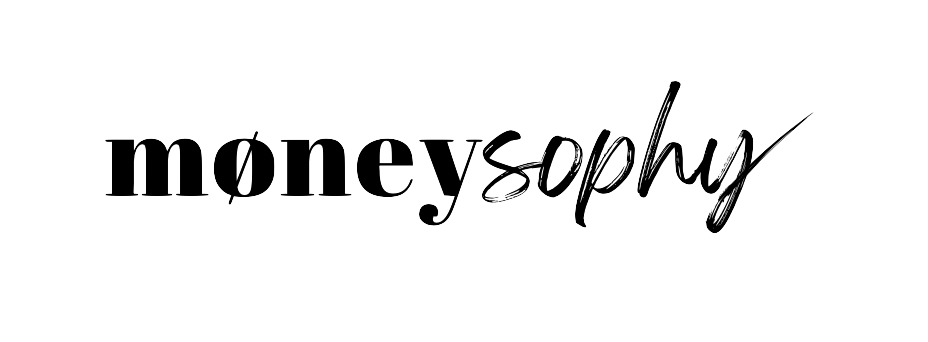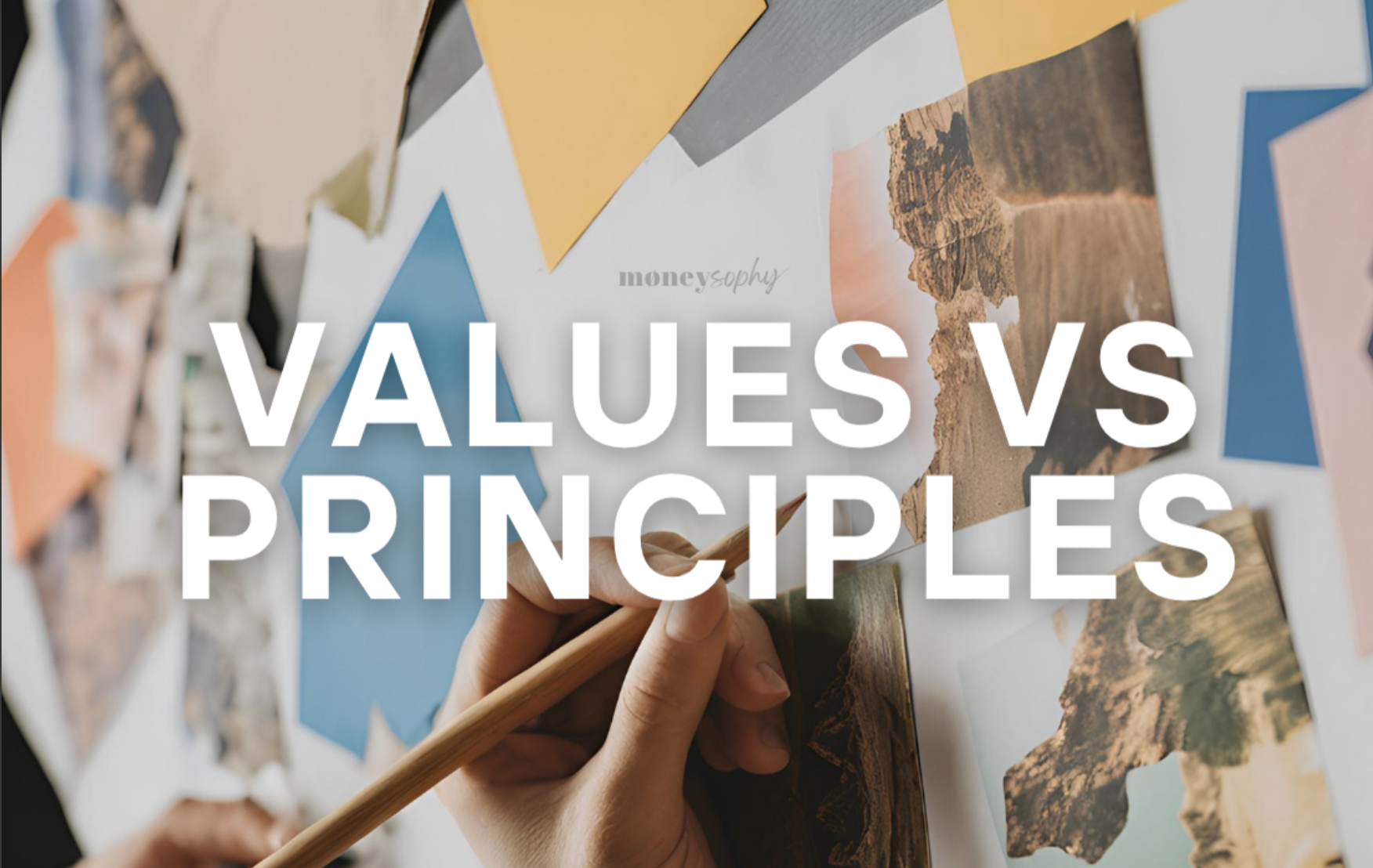Audit your life using the value lens
Reading time: 5 minutes
The first time my friend asked me what my values are.
I was flabbergasted.
I just stood there, mute, confused.
What are my values?
Should I say what come to my mind first?
Are there such thing as values that are labelled as “good” and “bad”?
Should I respond with what I think she expects from me?
Is it ok for not knowing what my values are?
That was 8 years ago.
At the time, I was a workaholic. My work defined my identity. I took pride in putting in those extra hours, going the extra mile, solving my clients' problems, and bringing answers to the table. The more complex the problem, the greater my satisfaction. I lived for my job, and working on weekends was part of my routine. Work gave me meaning, busyness, and a rush of adrenaline.
But like anything in excess, it wasn't healthy. It had become a way to escape from other aspects of life.
Back to the question, was work my value?
What are values anyway?
So, let’s unpack this a bit. What exactly are values? According to the Oxford Dictionary, a core value is:
“A belief that a person or organisation views as being of central importance.”
In other words, values are the beliefs that guide our decisions and actions. They help us assess whether we’re living the life we truly want.
Values aren’t principles.
While values are what we prioritise to help us make decisions, principles are the rules that guide our daily actions:
You can think of values as answering the question: what really matters to us?
On the other hand, principles answer the question: what habits do we want to stick to in our lives?
For instance, if your value is “punctuality”, your principle will be always be on time (or even early)! Or if your value is “open-mindedness”, your principle will be always try to understand others’ point of view first.
If you have no idea what your values are, you can consult the list of values here and do the exercise to kickstart your reflection.
Where do your values come from?
Back to my story, the reason I hesitated when I got the question is figuring out whether our values are truly ours, OR are what society has projected onto us (OR rather are what we think society has projected onto us)!
Think about it: our environment such families, friends, schools, cultures, and experiences all play a role in defining what we hold dear.
Is it even possible to completely dissociate our personal values from the world around us?
It’s challenging but doesn’t mean it’s impossible. It just takes some self-exploration.
Reflecting on my own journey, I realised that many of my values were inherited from my upbringing. As a French born Chinese, I’ve been highly influenced by both cultures:
From my Chinese heritage, I learned the importance of filial piety, this unquestionable deep respect, obedience, and care for parents and elders, regardless of their behaviour, simply because they are family.
On the flip side, my French environment taught me respect for individuality. While family connections matter, there’s also a strong focus on personal identity. Kids are encouraged to voice their opinions, challenge traditions, and develop their own identities.
I knew from a very young age that these “traditional” values didn’t quite align with my own. I believe in showing unlimited kindness and generosity to anyone who reciprocate respect, not just because someone is a distant relative.
There is no right or wrong in values, as long as it makes sense to you.
Is your life aligned with your values?
Now that you’ve identified your values (you might also consider listing your anti-values), it’s time to take a closer look at your life and see how well it aligns with those values.
Take a moment to reflect on the past week and ask yourself:
How much time did I spend on activities that resonate with my values?
How much money do you spend in things that reflect what’s important to you?
How much time do you spend with people who share your values?
This kind of self-reflection can be eye-opening. It’s a way to gauge whether your daily life aligns with what you truly believe in.
With this exercise, I realised I used to spent way too much time and money in my anti-values (intolerance, gossiping, anger, anxiety, greed…).
If you don’t have a clear understanding of your values, making rational decisions (including financial ones) becomes a challenge.
It’s tough to plan for a future that resonates with your true self, if you’re unsure of what that self is.
Conclusion
Once you've nailed down your core values, you can start seeing how they play out in your day-to-day. It's not just about having these values in the abstract, it's about using them as your inner GPS to guide your choices, your actions, and the overall direction you're heading in.
“Live your life by a compass, not a clock.”
Stephen R. Covey
My 10 values and principles are as follows:
Growth: improve by 1% better every day.
Contribution: support and uplift others in my community.
Discipline: control myself in pursuing my goals.
Wisdom: learn from every experience.
Mindfulness: engage with the current moment.
Health: make choices that nourish my body and mind.
Vitality: engage in physical activities that enhance strength and endurance.
Passion: pursue what ignites my enthusiasm and energy.
Kindness: treat others with compassion and empathy.
Sustainability: minimise harm to the environment when possible.
Don't just let life happen to you! Use your core values as your personal compass to stay on track. They shouldn't just be fancy conceptual words, but verbs that you put into practice.
That's when the real life starts.
Build your financial confidence to lead your life with your personal values and principles,
Sophie
PS: My personal values differ from my family and company values. Below you can find the values of Moneysophy.
PRACTICAL - Built for simplicity.
We are not Magicians. Moneysophy arms you with straightforward tools, but you are the one taking action to nurture your three skills (financial knowledge, financial attitude, financial behaviour).ACCOUNTABLE - Committed to your success.
We are constantly evolving. Moneysophy curates evidence-based studies in psychology, science and habit change to maximise your impact and guides you through building your true wealth.INCLUSIVE - Designed with compassion.
We all have our own stories, and are on our own journey. Moneysophy creates a judgment-free and emotionally safe environment that welcomes, connects, and values all.


